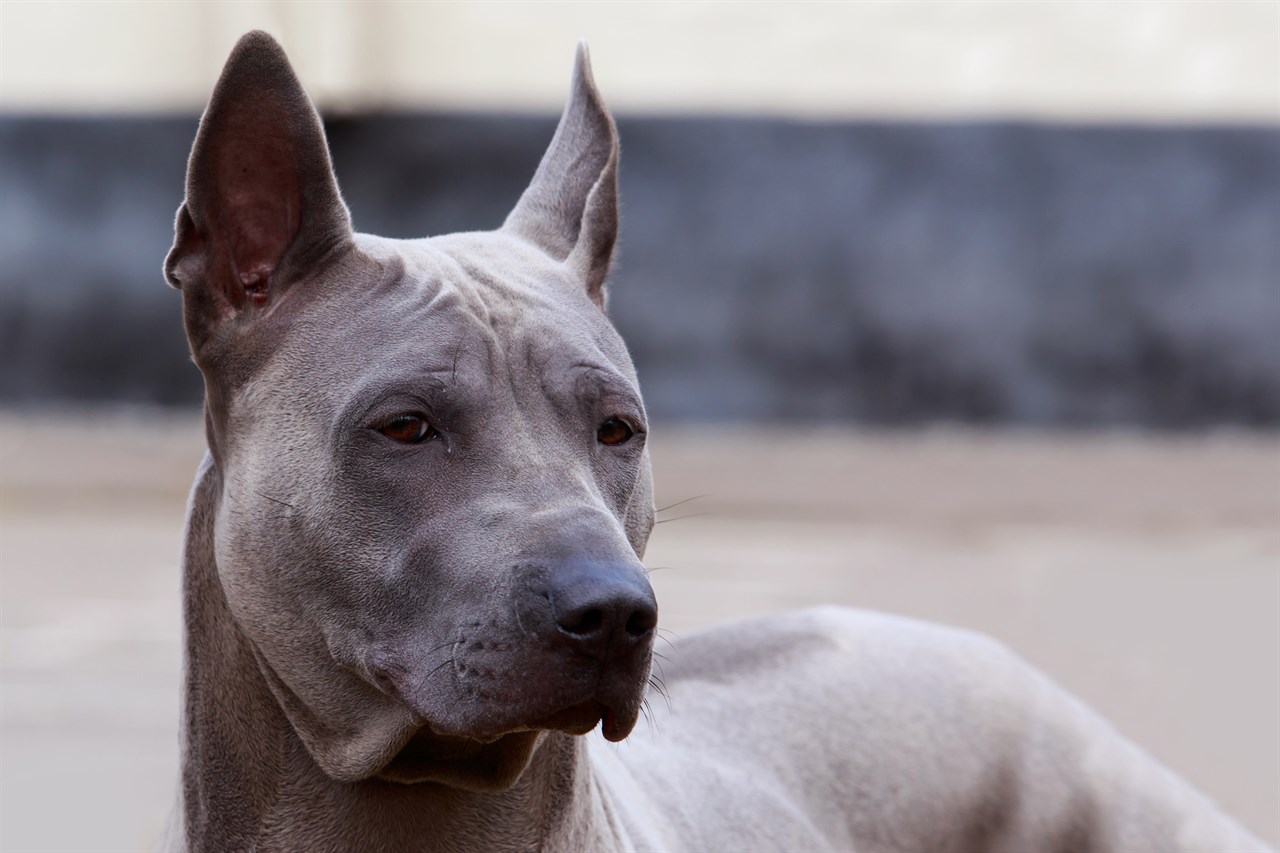Common Health Issues of the Thai Ridgeback

Thai Ridgebacks are generally a healthy and robust breed, but like all dogs, they can be susceptible to certain health issues. Responsible breeders aim to minimise the occurrence of these conditions through selective breeding and health screenings, but it's essential for owners to be aware of potential health concerns. Here are some common health issues associated with the Thai Ridgeback.
Hip Dysplasia
Hip dysplasia is a genetic condition that can affect dogs of various breeds, including Thai Ridgebacks. It occurs when the hip joint doesn't develop correctly, leading to joint instability and eventual arthritis. Proper nutrition, regular exercise, and weight management can help reduce the risk.
Elbow Dysplasia
Elbow dysplasia is another developmental disorder that can affect Thai Ridgebacks. It involves abnormal growth of the elbow joint, leading to lameness and pain. Selective breeding and responsible breeding practises can help reduce the prevalence of this condition.
Dermoid Sinus
Dermoid sinus is a congenital condition unique to ridgeback breeds, including the Thai Ridgeback. It is a tube-like structure that can form under the skin, often along the ridge of the back. These sinuses can become infected and require surgical removal.
Bloat (Gastric Dilatation-Volvulus)
Bloat is a life-threatening condition that can affect deep-chested breeds like the Thai Ridgeback. It involves the stomach filling with gas and twisting on itself, cutting off blood supply. Rapid onset of bloat requires immediate veterinary attention.
Skin Issues
Thai Ridgebacks are known for their unique ridged backs, but the skin in the ridge can be sensitive and prone to irritation or dermatitis. Proper grooming and skin care can help prevent skin issues.
Hypothyroidism
Hypothyroidism is a hormonal disorder that can affect Thai Ridgebacks, leading to symptoms such as weight gain, lethargy, and skin problems. It is manageable with medication prescribed by a veterinarian.
Ocular Issues
Some Thai Ridgebacks may be prone to certain eye conditions, such as entropion (inward rolling of eyelids) or cataracts. Regular eye exams by a veterinary ophthalmologist can help detect and address these issues early.
Allergies
Thai Ridgebacks may develop allergies to environmental factors or certain foods. Allergies can manifest as skin problems, itching, or gastrointestinal issues. Identifying and managing allergies often requires veterinary guidance.
Epilepsy
Epilepsy is a neurological disorder that can occur in Thai Ridgebacks. It leads to seizures and may require medication for management.
Hypersensitivity to Anaesthesia
Some Thai Ridgebacks have been reported to have a higher sensitivity to anaesthesia, which is important information for veterinarians and owners to be aware of when surgical procedures are necessary.
Regular veterinary check-ups, a balanced diet, proper exercise, and responsible breeding practises can help reduce the risk of these health issues. If you plan to adopt or purchase a Thai Ridgeback, choose a reputable breeder who conducts health screenings on their breeding dogs to minimise the risk of genetic conditions. Regular veterinary care and early intervention can help address and manage any health concerns that may arise in your Thai Ridgeback.
Thai Ridgeback puppies for sale
- Find Thai Ridgeback puppies for sale in ACT
- Find Thai Ridgeback puppies for sale in NSW
- Find Thai Ridgeback puppies for sale in NT
- Find Thai Ridgeback puppies for sale in QLD
- Find Thai Ridgeback puppies for sale in SA
- Find Thai Ridgeback puppies for sale in TAS
- Find Thai Ridgeback puppies for sale in VIC
- Find Thai Ridgeback puppies for sale in WA